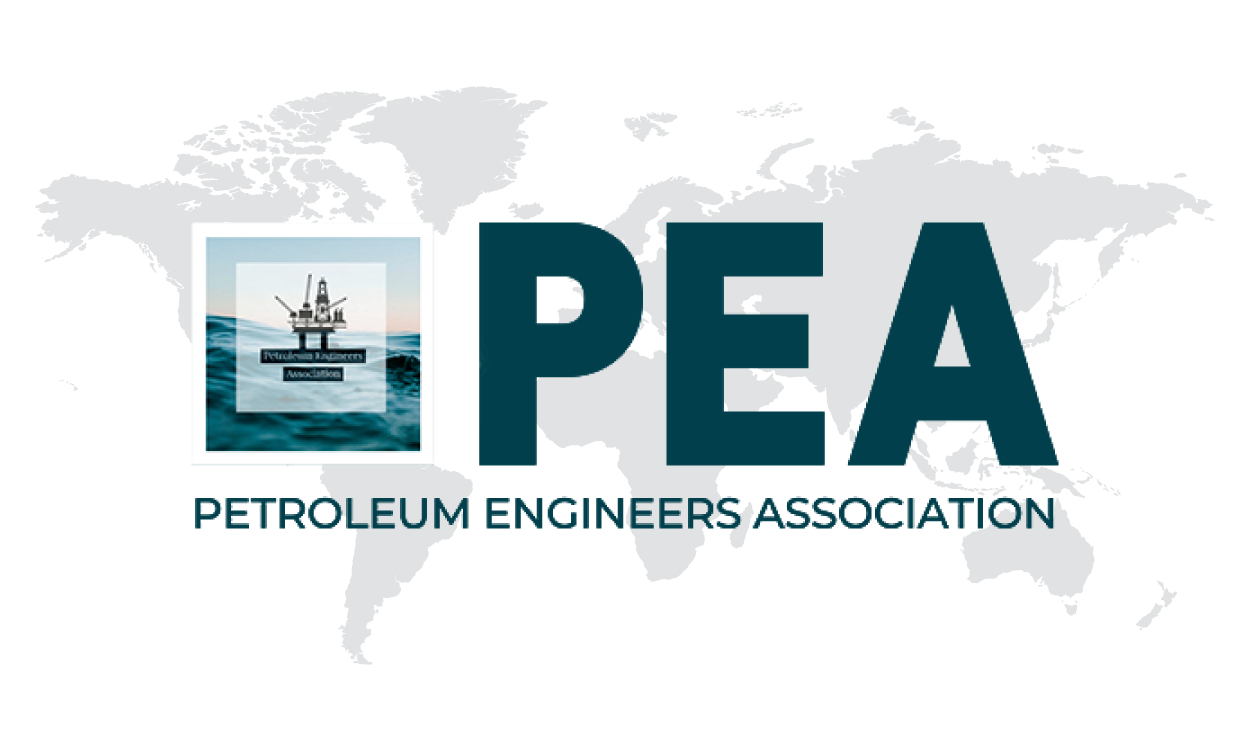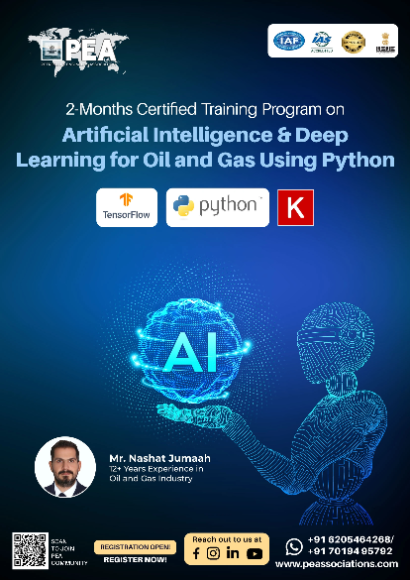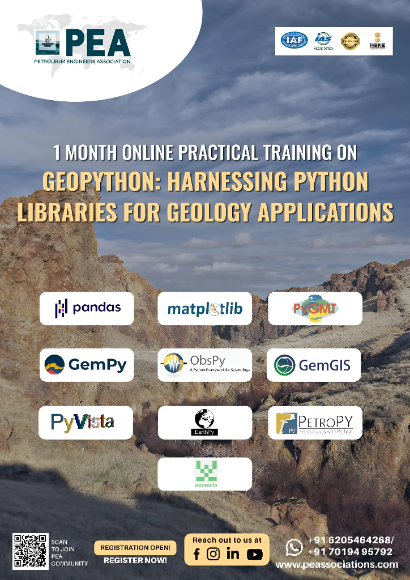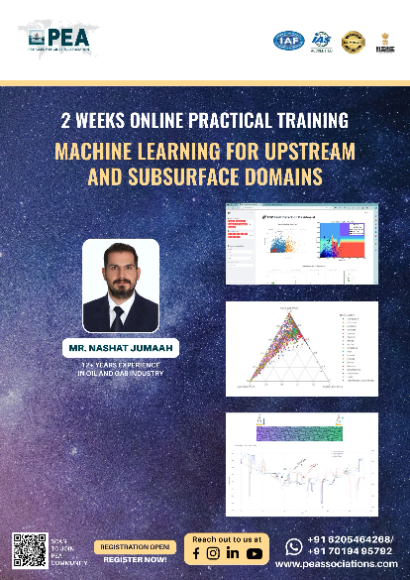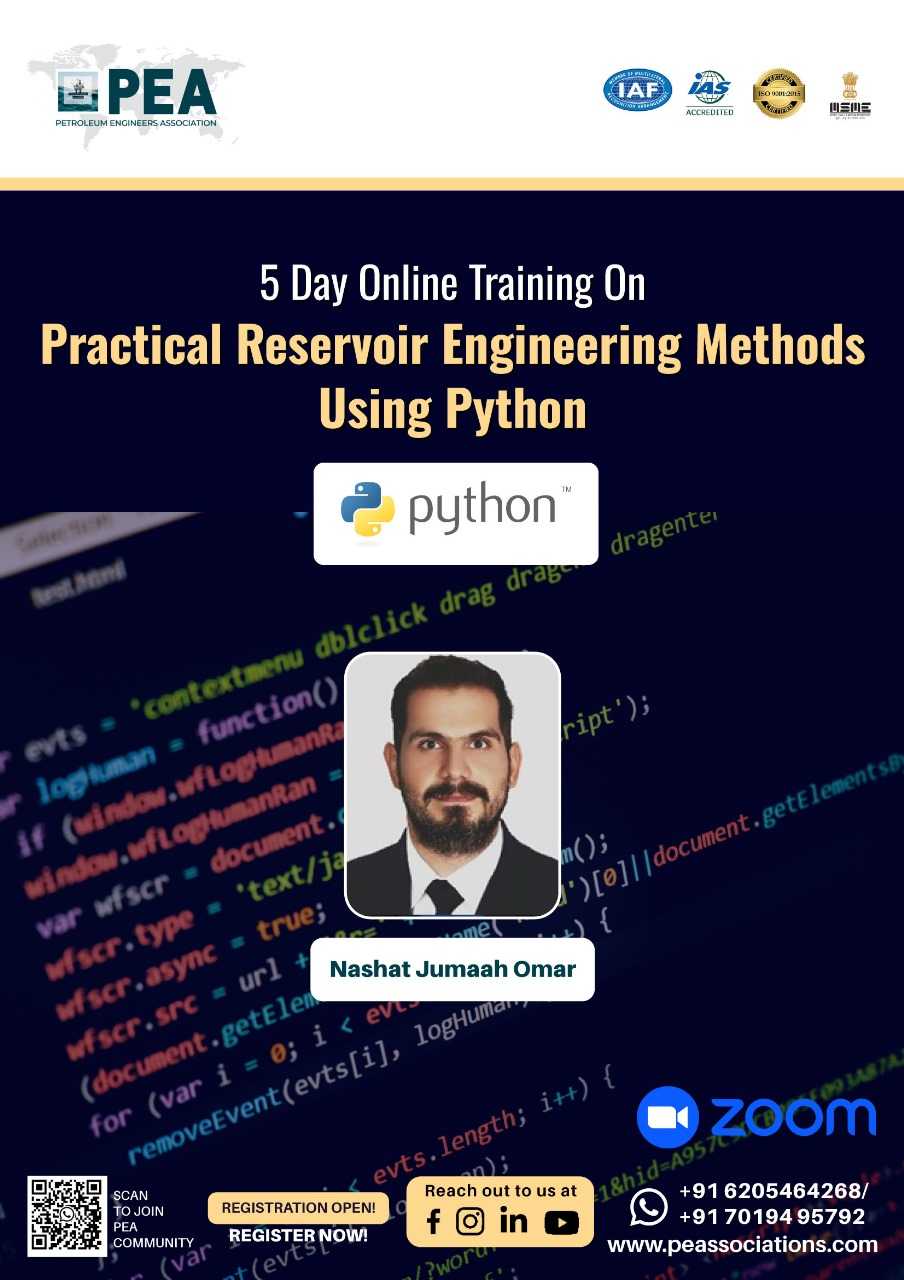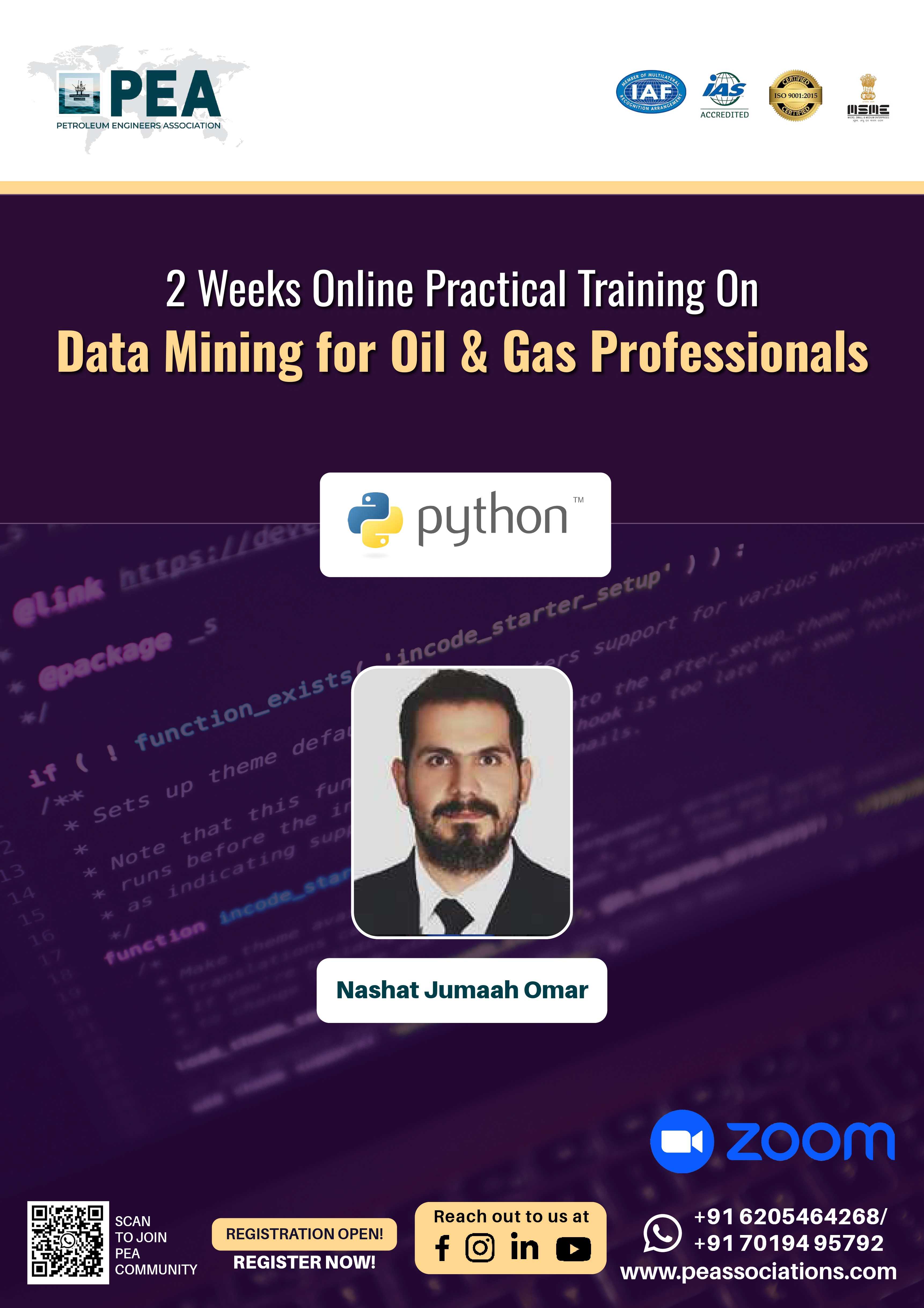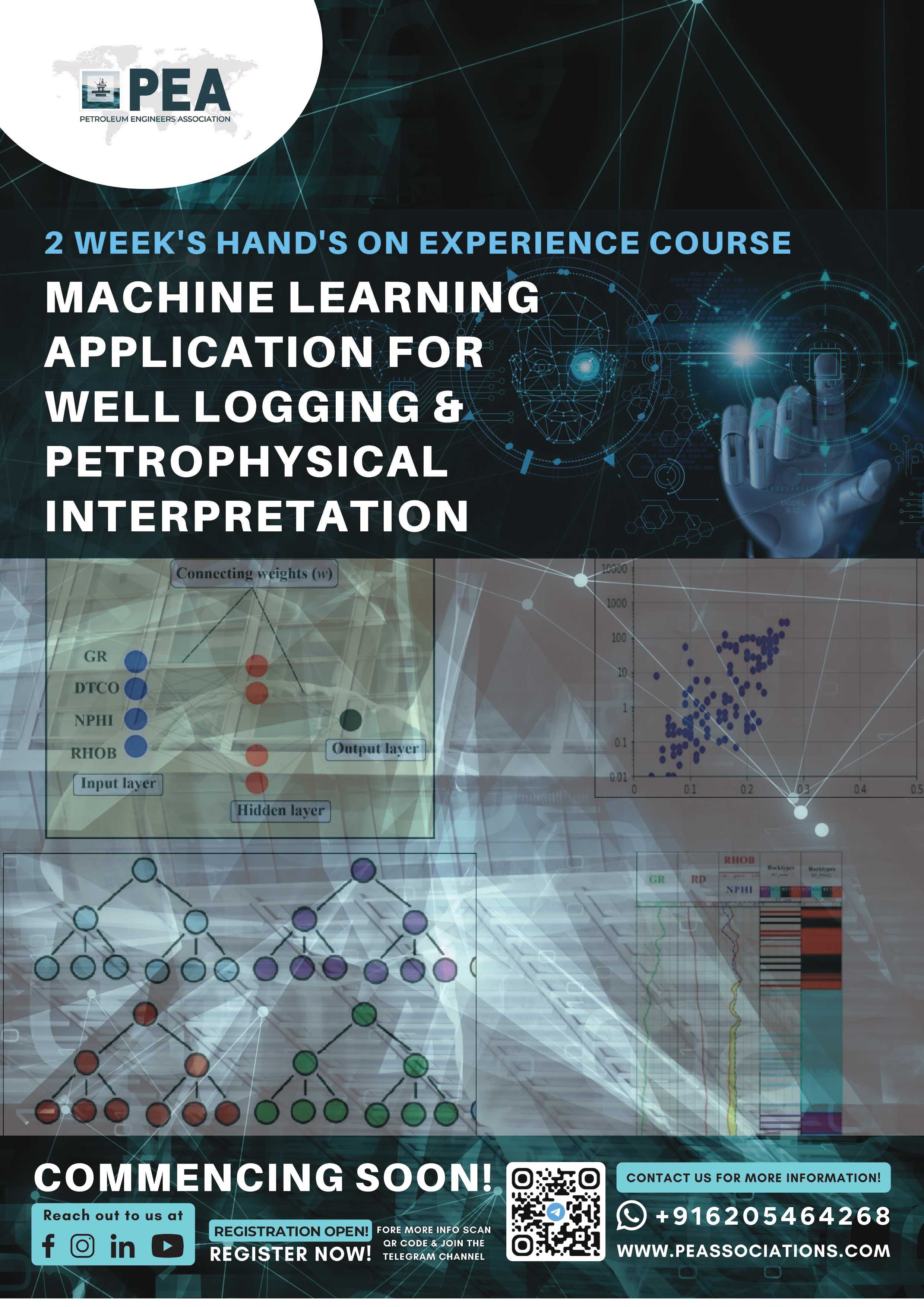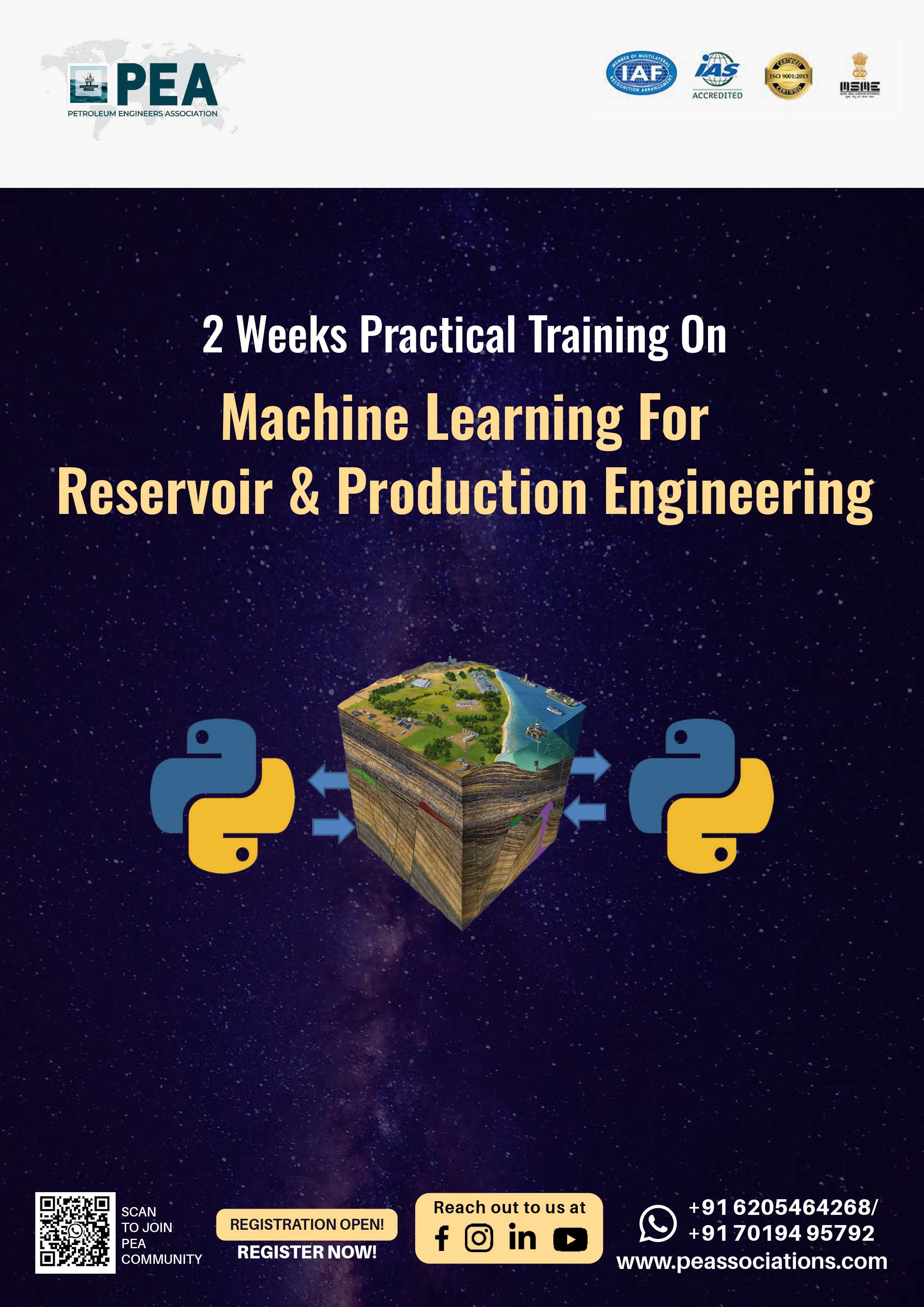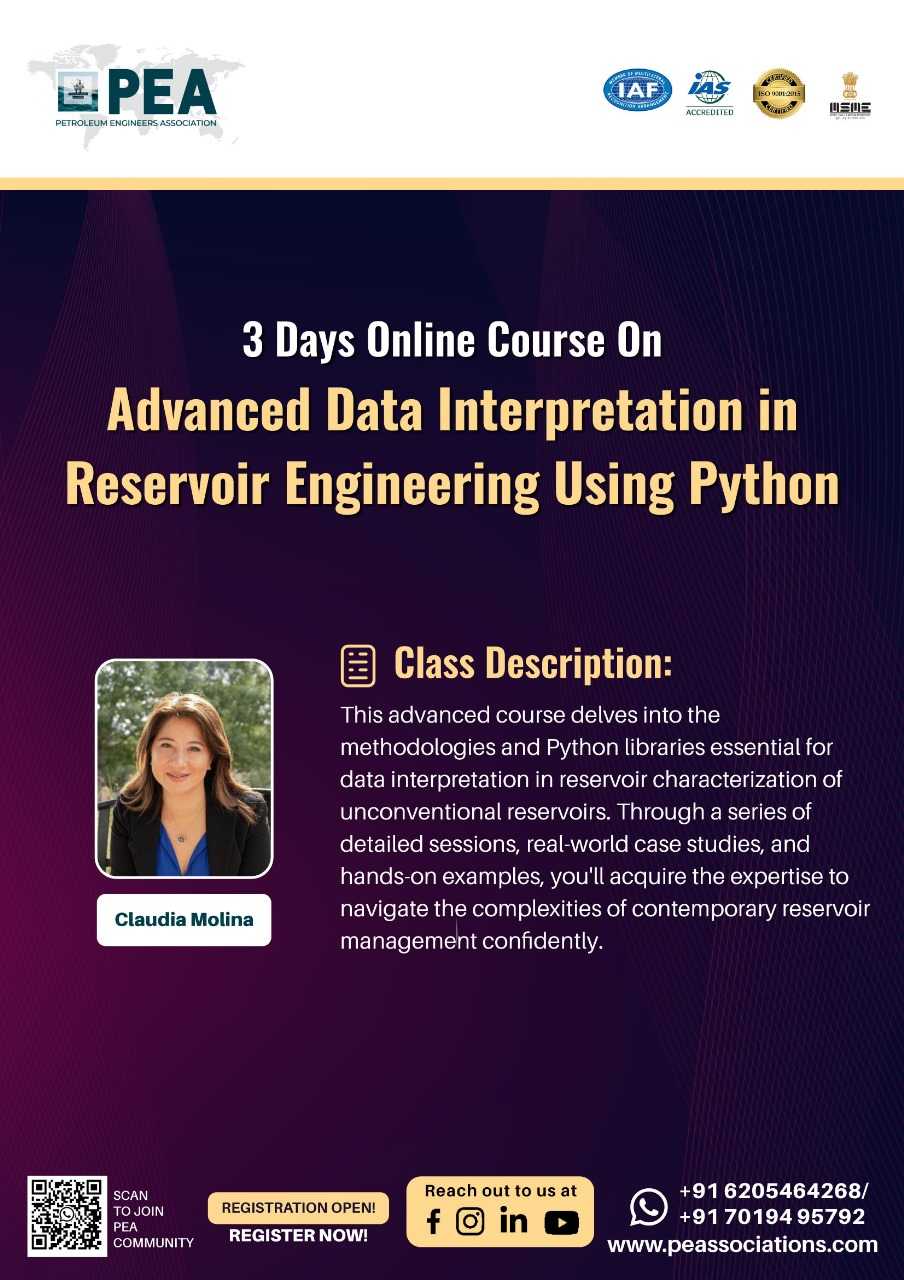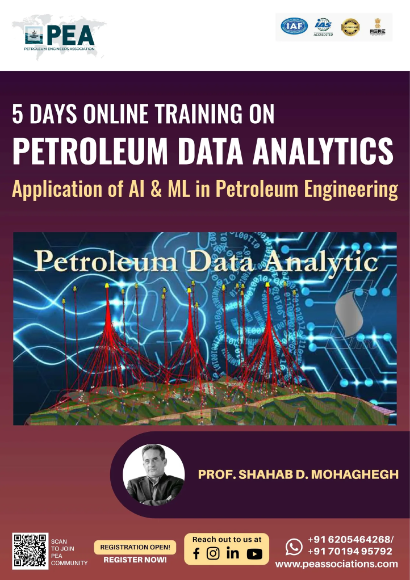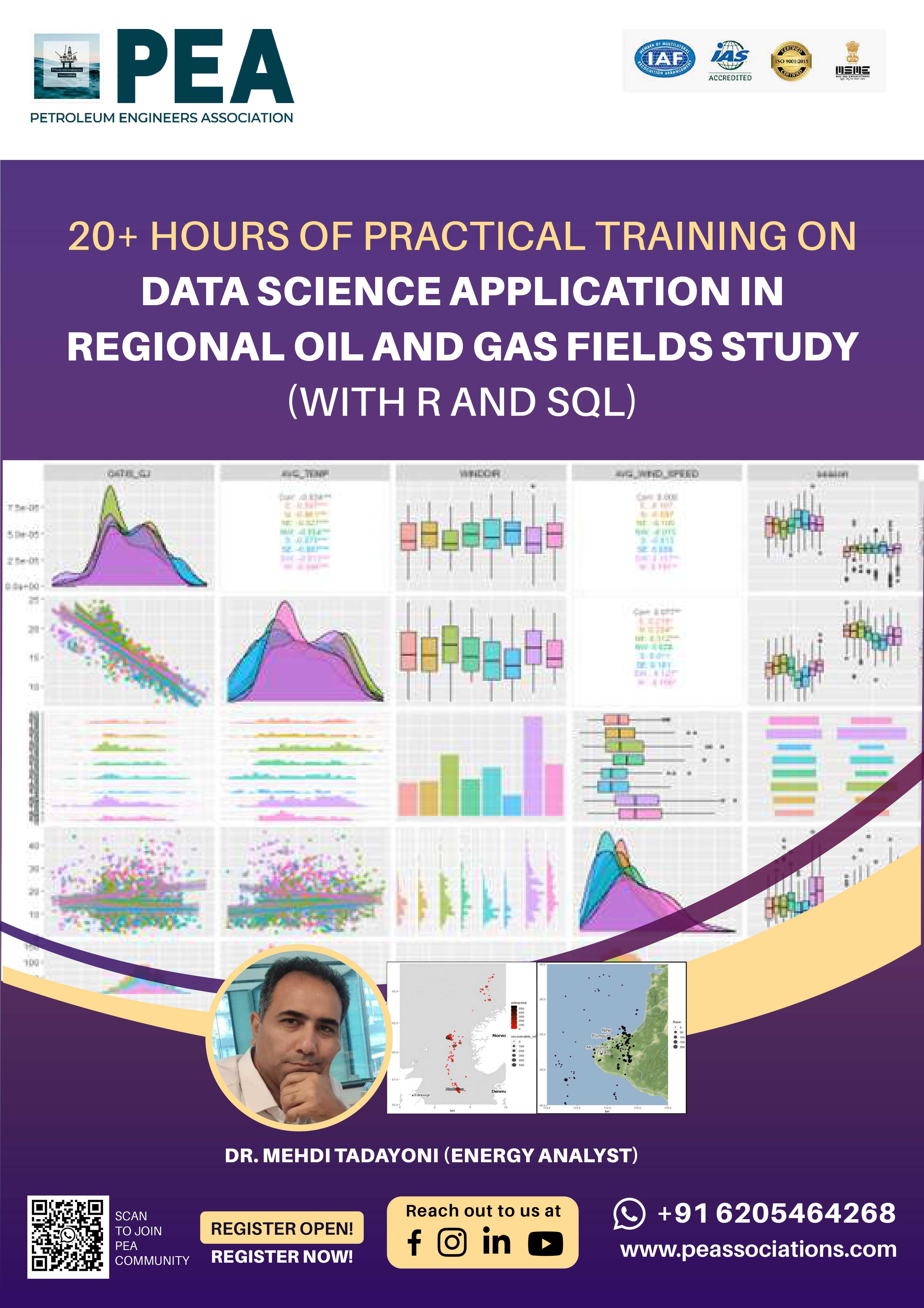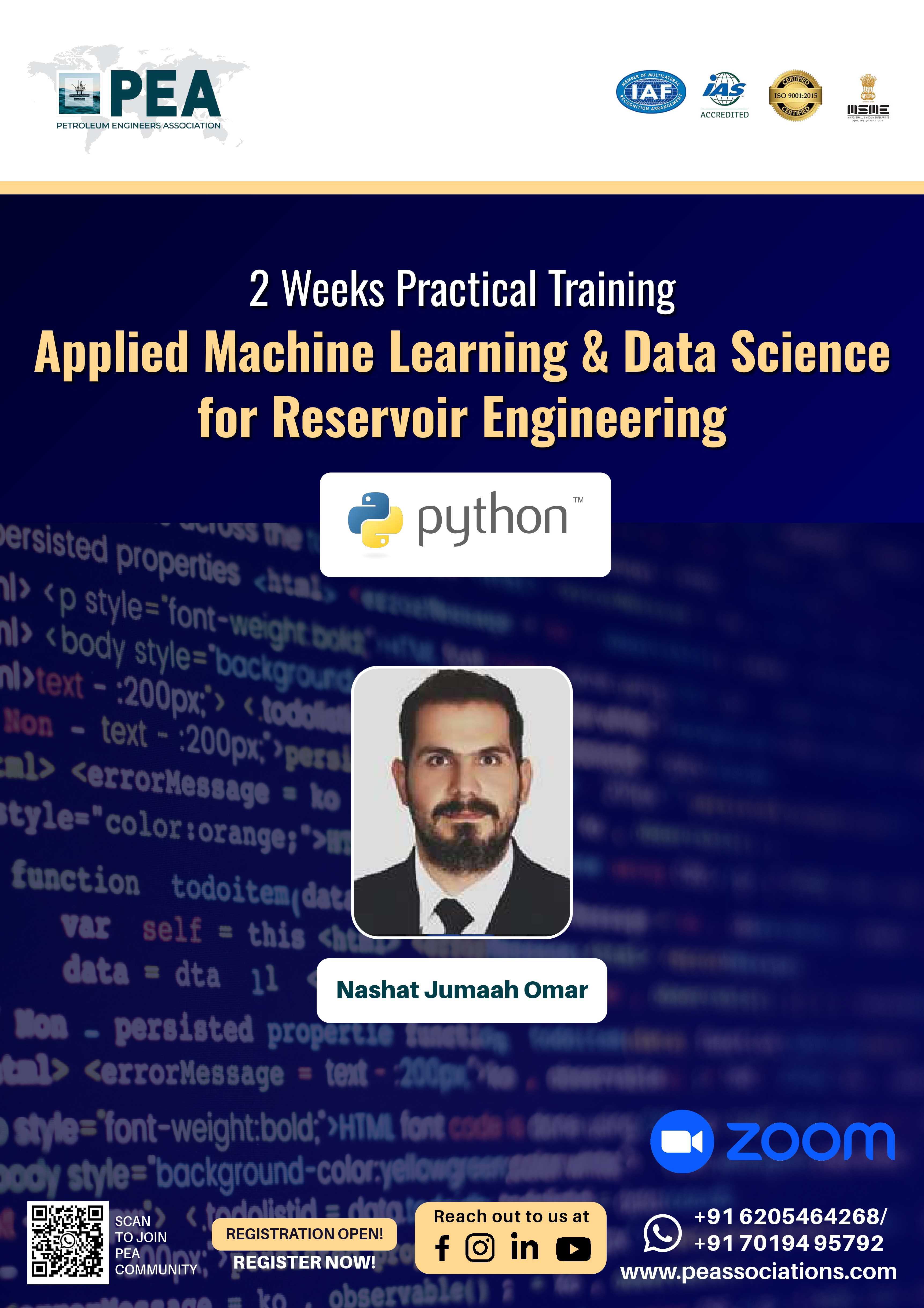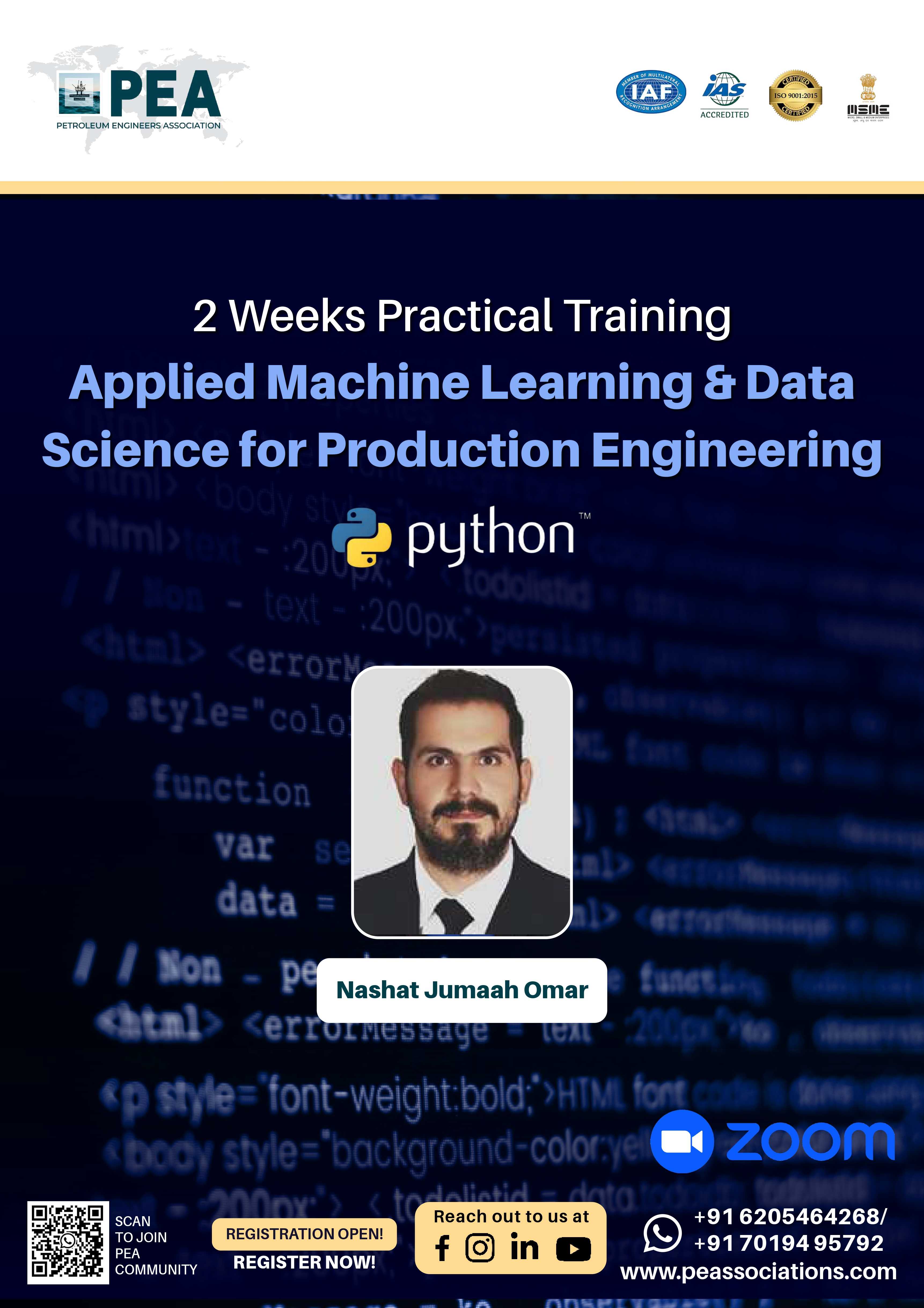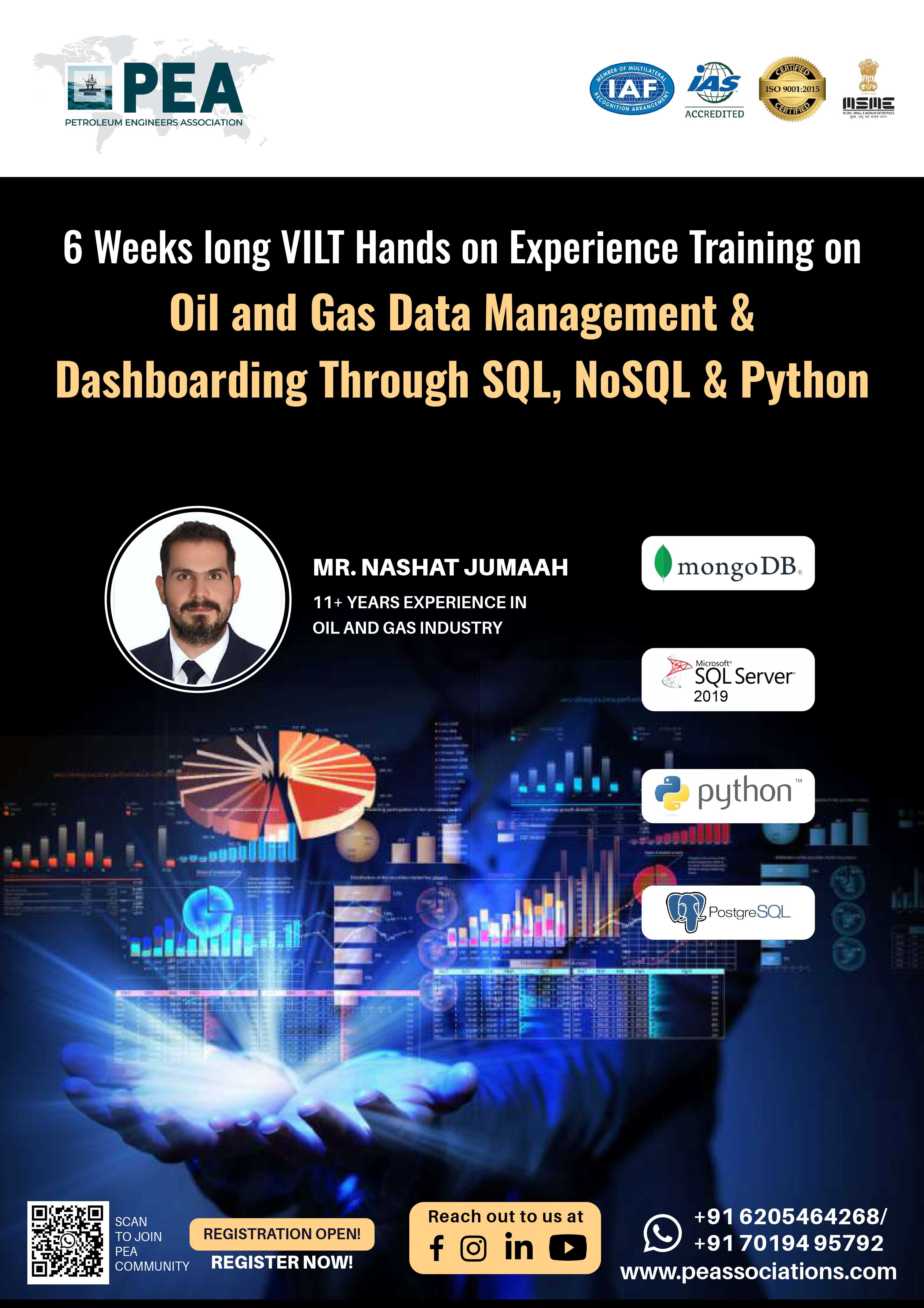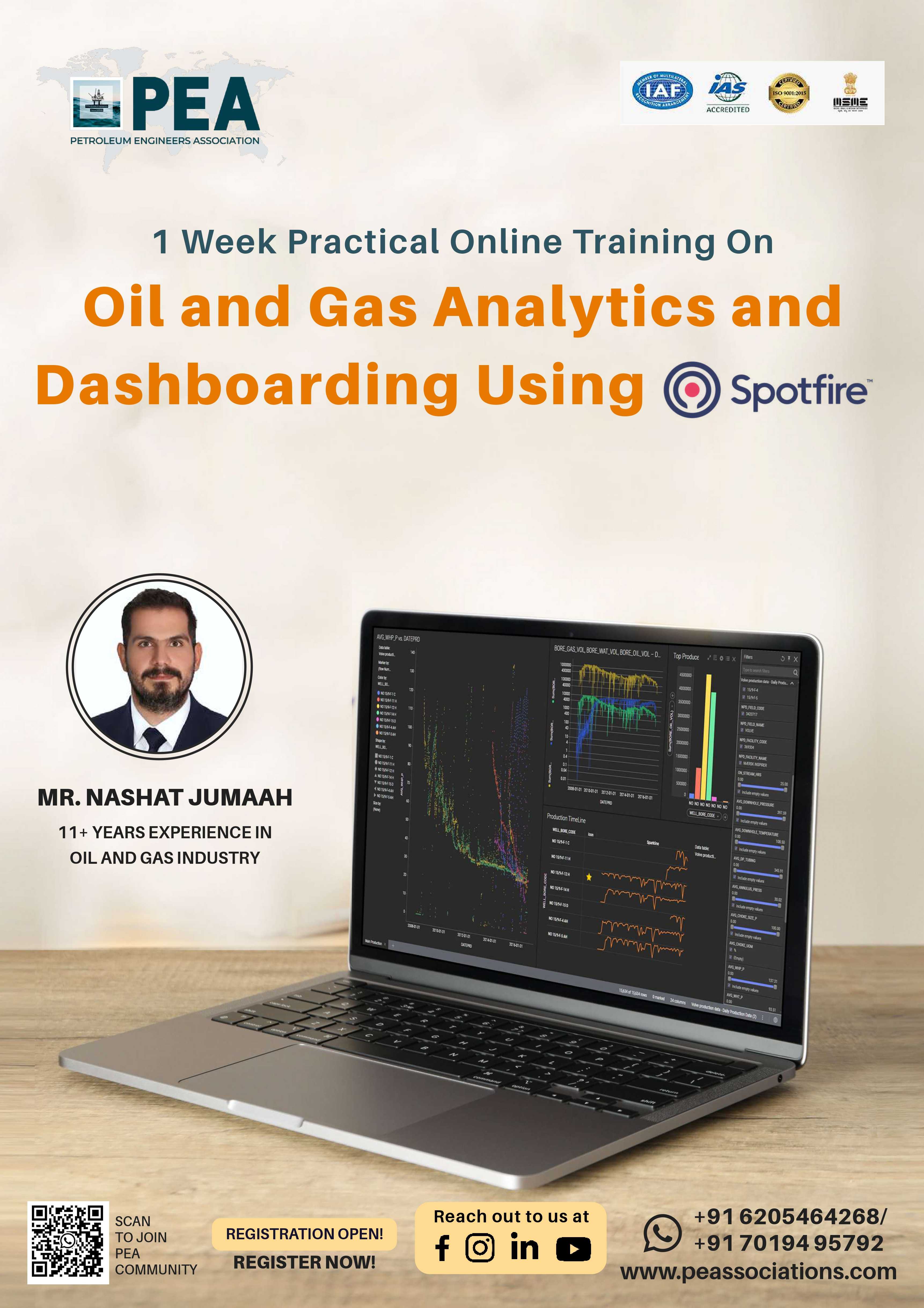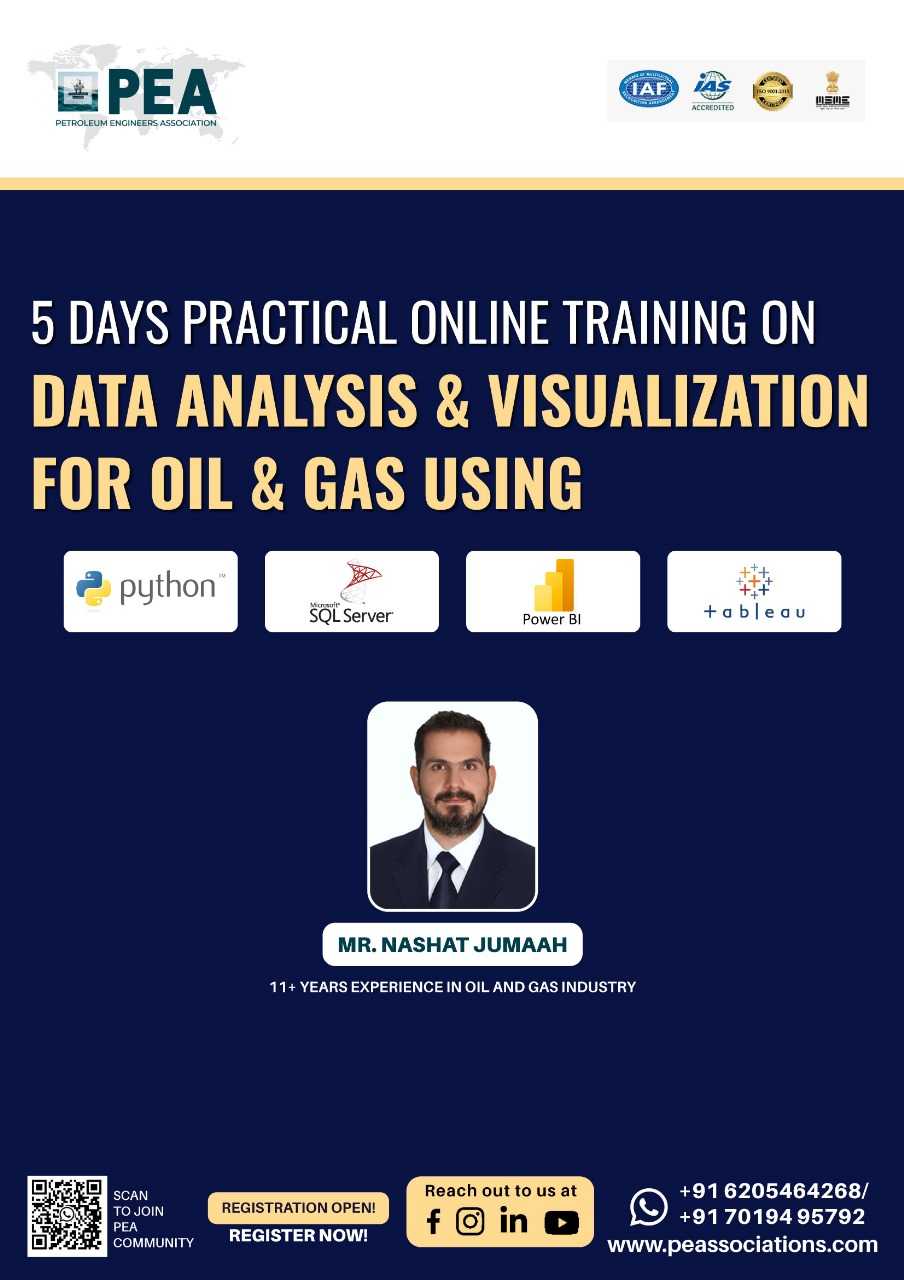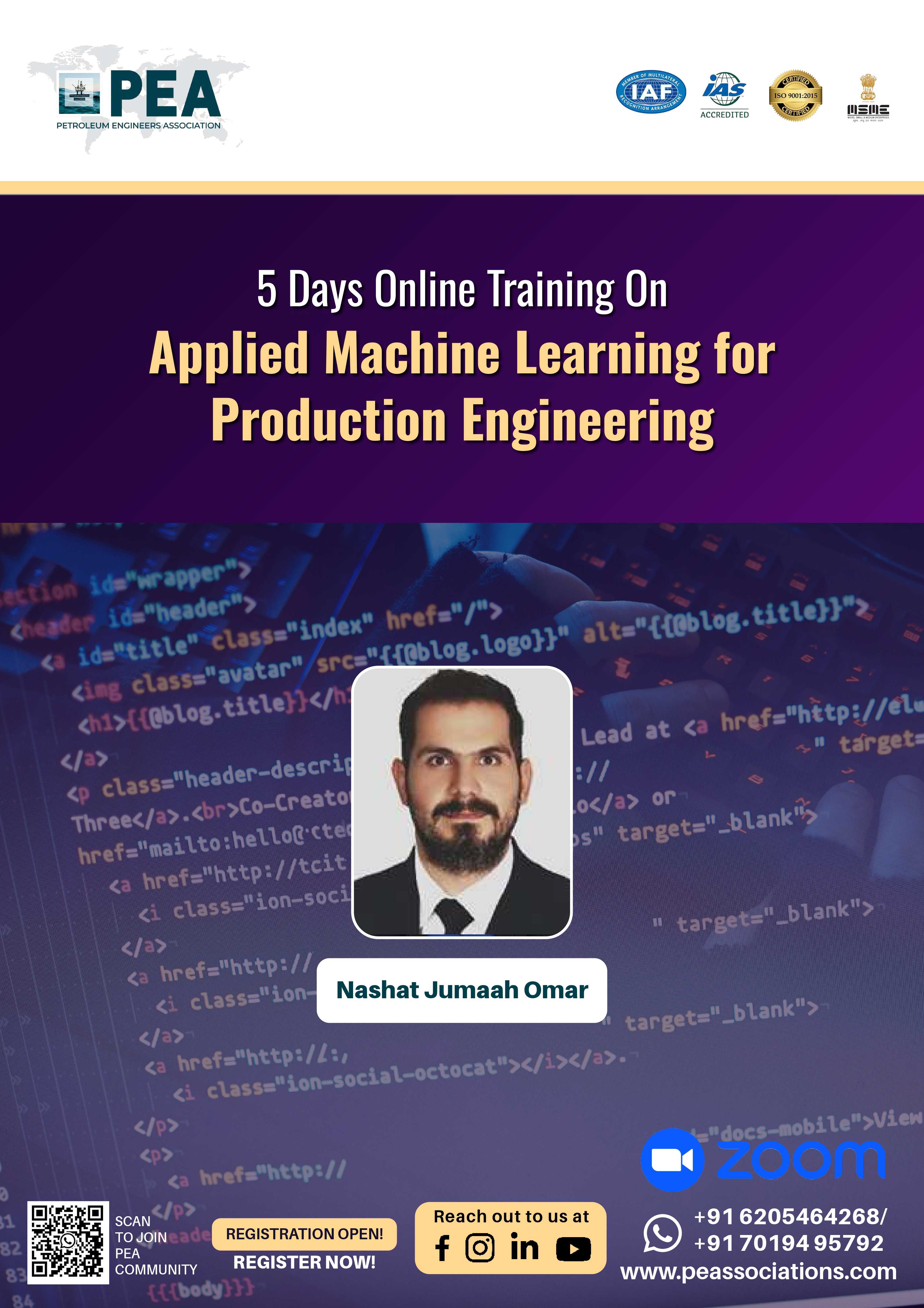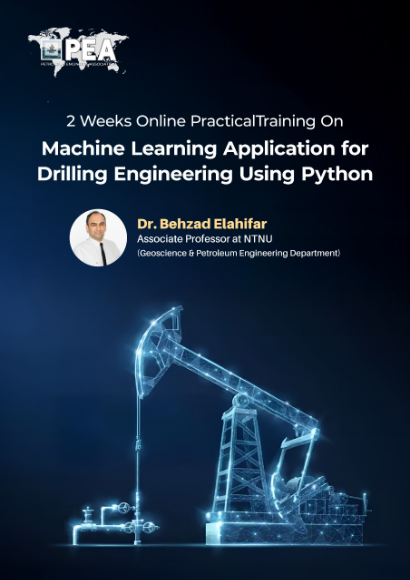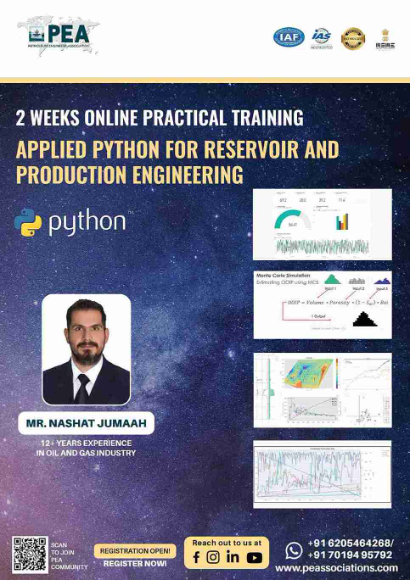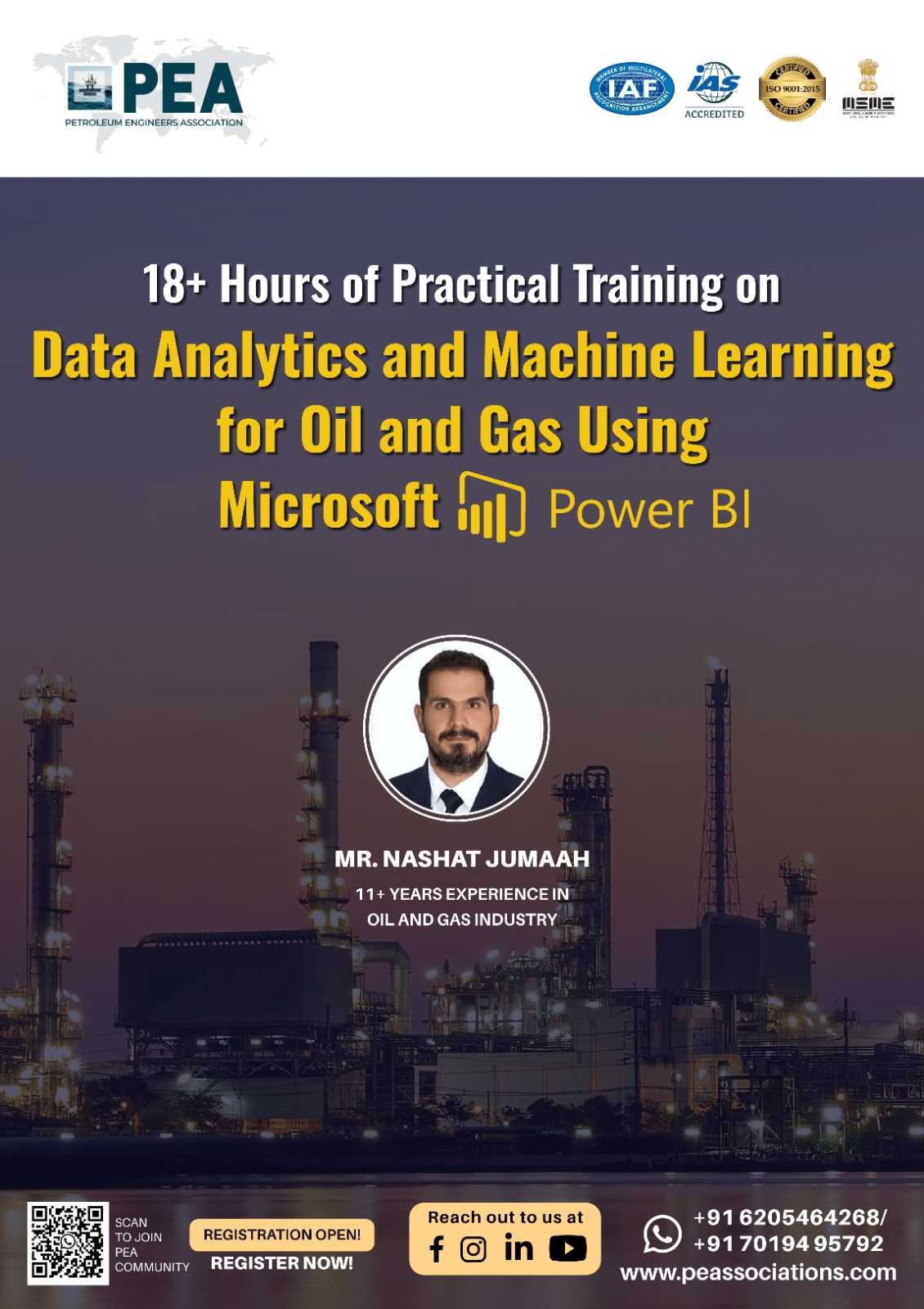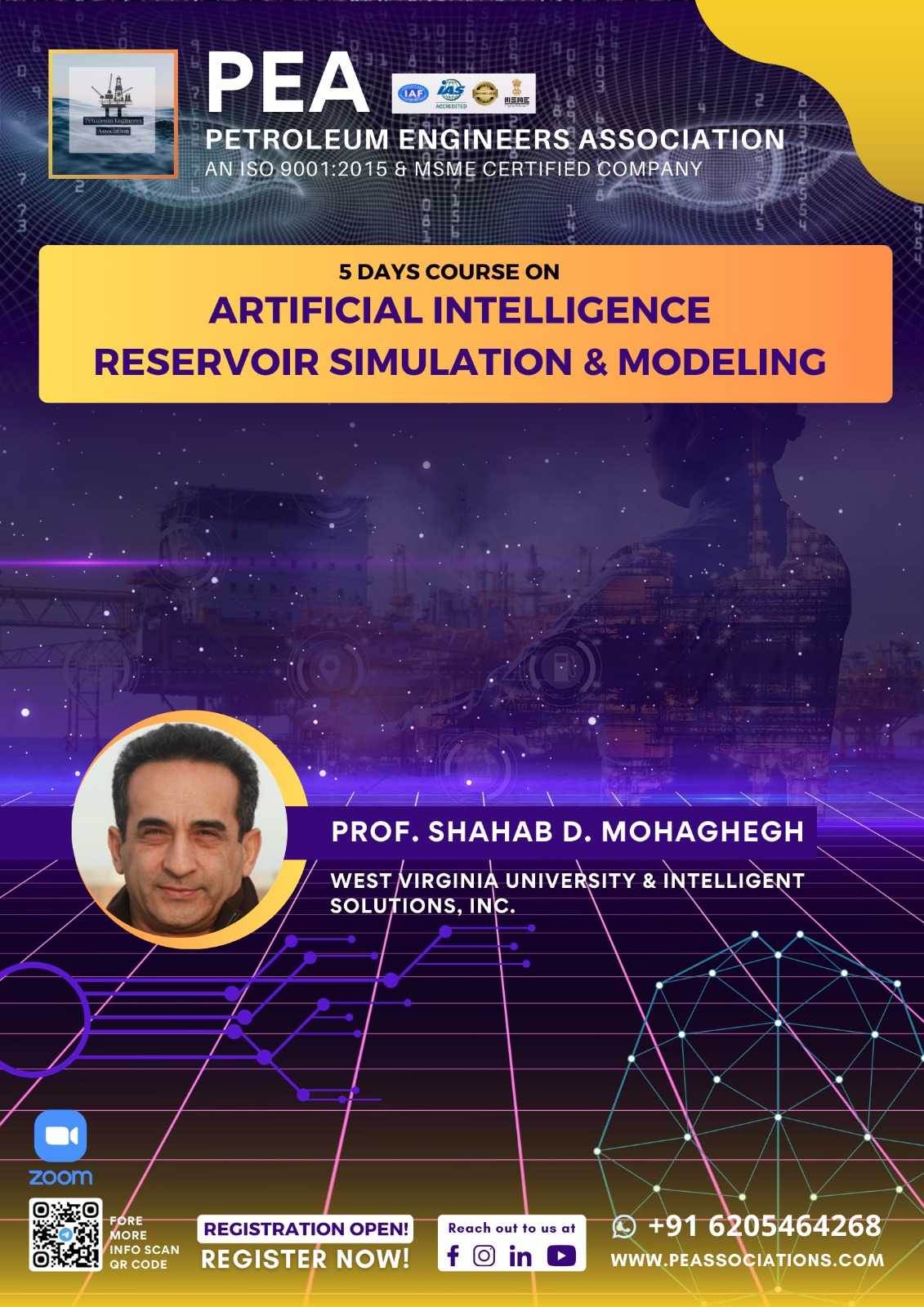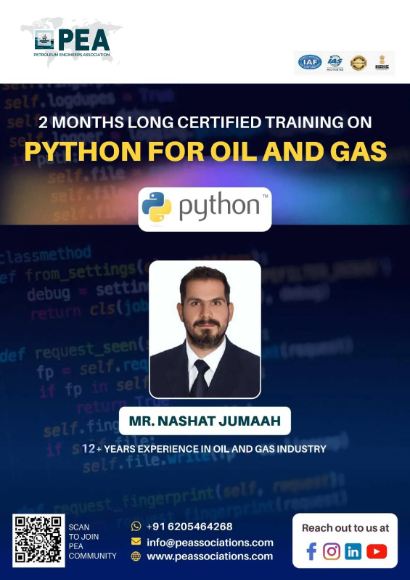Artificial Intelligence & Deep Learning for Oil and Gas
Have Questions ?
Artificial Intelligence & Deep Learning for Oil and Gas - PEADL26
| Code | Date | Time | Duration | Location | Currency | Team of 10 Per Person | Team of 7 Per Person | Early Bird Fee Per Person | Normal Fee Per Person |
|---|---|---|---|---|---|---|---|---|---|
| PEADL26 | 24 Oct - 13 Dec 2026 | 9 PM Indian Time |
2 Hours Per Day
|
Zoom Online
|
USD
|
1850
|
2000
|
2500
|
3500
|
The Classes Will be Online Via Zoom for 8 Weeks (Sat & Sun) Only.
Boost your team's skills and your budget! Enjoy group discounts for collaborative learning. Send an inquiry to info@peassociations.com.
Artificial Intelligence & Deep Learning for Oil and Gas Using Python
This course provides oil and gas professionals with the knowledge and skills to apply Artificial Intelligence (AI) and Deep Learning techniques to industry challenges. Learn how to optimize production, enhance reservoir management, and make data-driven decisions with cutting-edge AI technologies.
Description
The oil and gas industry is undergoing a digital transformation, and Artificial Intelligence (AI) is at the forefront of this evolution. This course is designed to introduce professionals to AI and Deep Learning concepts, their applications in exploration, production, and operations, and how these technologies can improve efficiency, reduce costs, and enhance decision-making. Participants will gain hands-on experience with AI models, machine learning algorithms, and deep learning frameworks tailored for oil and gas applications.
Artificial Intelligence and Deep Learning are revolutionizing the oil and gas industry by enabling predictive maintenance, optimizing production, improving reservoir characterization, and automating complex processes. This course will guide professionals in leveraging AI-powered solutions to maximize operational performance and drive innovation.
By the end of this course, participants will be able to:
Understand the fundamentals of AI, Machine Learning, and Deep Learning
Explore AI applications in exploration, drilling, reservoir management, and production
Develop AI models for predictive maintenance and process optimization
Utilize deep learning techniques for seismic interpretation and subsurface analysis
Implement AI-driven decision-making for improved asset management
Gain hands-on experience with industry-specific AI tools and frameworks
This course follows a practical and interactive learning approach, including:
Instructor-led live sessions
Hands-on exercises and real-world case studies
AI model development using industry-relevant datasets
Discussions on best practices and future AI trends in oil and gas
Improved operational efficiency and reduced downtime
Data-driven decision-making for asset optimization
Enhanced predictive maintenance and risk assessment
Increased accuracy in exploration and reservoir evaluation
Competitive advantage through AI adoption
A strong understanding of AI applications in oil and gas
Hands-on experience with AI and deep learning models
Practical skills to implement AI-driven solutions in their roles
A career edge in the evolving digital oil and gas sector
Petroleum Engineers and Geoscientists
Reservoir, Production, and Drilling Engineers
Data Scientists and Analysts working in oil and gas
Operations and Asset Managers
Anyone interested in AI applications in the energy sector
Module 1: Introduction to Python and Data Science Tools
Python Basics: variables, data types, functions
Data Science Ecosystem: Pandas, NumPy, Matplotlib
Jupyter Notebooks/ Marimo Python Note Books for interactive coding
Introduction Python Data Handling and Container Data Types
Introduction To Data Frames
Module 2: Introduction to Neural Networks
The concept of Perceptron
Introduction to Single Layer Perceptron
AI, ML, and Deep Learning Overview
Basics of Artificial Neural Networks (ANN)
Machine Learning and Deep Learning Under Scope
Module 3: Fundamentals of Neural Network
Introduction to Foundational Deep Learning Knowledge
Building blocks of Neural Networks
Introduction to TensorFlow and Tensor board
Perceptron model and activation functions
Forward and backward propagation
Module 4: Deep Learning Frameworks & Tools
Introduction to Deep Learning Framework
Introduction to TensorFlow and Keras
Data Preprocessing for Petroleum Data
Data Handling for Deep learning applications
Module 5: Neural Network Architectures
Introduction to MLP
Introduction to Network Layers
Deep vs shallow networks, CNNs and RNNs
LSTMs for time series data
Module 6: Deep Learning for Time Series & Reservoir Modeling
Time series analysis with deep learning
Application to reservoir modeling
Introduction to Recurrent Neural Networks
Introduction to Long/Short Term Memory for time series analysis and predictive analytics
Module 7: Unsupervised Learning & Clustering in Petroleum Data
Autoencoders for feature extraction
Deep learning for well log clustering
Module 8: Deployment & Case Studies in Oil & Gas
Model Monitoring and Validation
Classical ML vs. Neural Networks
Model deployment strategies
Case studies of AI in the petroleum industry
Module 9: Proxy and Surrogate Models
Introduction to Simulation works
Introduction to Surrogate calculation
Teaching AI to behave like Simulators
On successful completion of this training course, PEA Certificate will be awarded to the delegates.

Mr. Nashat J. Omar With over 12+ years of specialized experience in petroleum engineering, focus on production and flow assurance brings valuable expertise to the energy sector.
He possess a strong command of Python and C#, which empowers him to create efficient data management solutions and streamline workflows.
His collaborative nature and adaptability enable him to thrive in multidisciplinary settings, where he consistently contributes to success through innovative problem-solving.
He is dedicated to continuous learning and staying ahead of industry advancements, ensuring that he can enhance operational efficiency and guarantee robust flow assurance.
Frequently Asked Questions
All course bookings made through PEA are strictly non-refundable. By registering for a course, you acknowledge and accept that all fees are payable in full and are not subject to refund under any circumstances, including changes in personal or professional commitments or partial attendance.
PEA reserves the right to make reasonable adjustments to course content, trainers, or schedules where necessary, without entitling delegates to a refund. Comprehensive details of each course — including objectives, target audience, and content — are clearly outlined before enrolment, and it is the responsibility of the delegate to ensure the course's suitability prior to booking.
For any inquiries related to cancellations or bookings, please contact our support team, who will be happy to assist you.
